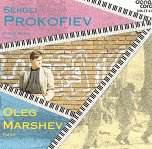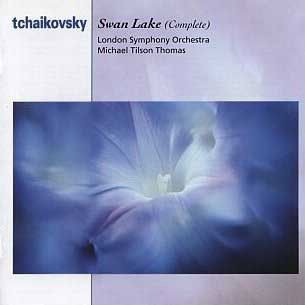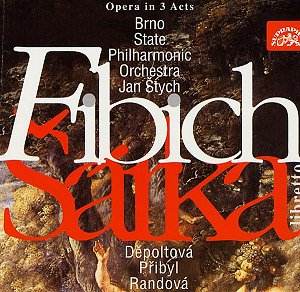 Composer: Sergei Prokofiev
Composer: Sergei Prokofiev
Works: Volume 1: Sonata No. 6 in A major, Op. 82; Dumka, Op. 65B; Visions Fugitives, Op. 22; Sonata No. 7 in B-flat major, Op. 83
Performers: Oleg Marshev, piano
Recording: Concert Hall Lodz, November 1991; May 1992; May 1994; April 1995; Siemens Villa, Berlin, June 1995
Label: Danacord
Sergei Prokofiev, a titan of 20th-century music, remains a quintessential figure whose piano works encapsulate a kaleidoscope of emotions, styles, and historical contexts. The essence of his creativity can be traced through the vast array of sonatas, each reflecting both personal introspection and the tumultuous events of his lifetime. The five-volume cycle recorded by Oleg Marshev offers an extensive scope of Prokofiev’s piano oeuvre, ranging from his early student compositions to the nuanced and mature works produced during the complexities of World War II.
Marshev’s interpretation in Volume 1 is particularly illuminating, as he navigates the contrasting landscapes of Prokofiev’s sixth and seventh sonatas, while also presenting the charming Dumka and the intimate Visions Fugitives. In the Sonata No. 6, composed during a pivotal moment in Prokofiev’s career, Marshev captures the work’s stormy yet lyrical nature, deftly balancing the aggressive motor rhythms with moments of poignant lyricism. The first movement’s contrasting themes emerge with clarity, while Marshev’s articulation of the development section reveals a deeper understanding of the music’s emotional undercurrents. His choices are informed and deliberate, allowing the listener to appreciate the composer’s intricate interplay between tension and release.
The Dumka, a posthumously published piece, serves as a meditative interlude in this volume, showcasing Marshev’s capacity for expressive nuance. His phrasing is particularly sensitive, allowing the work’s folk-inflected themes to resonate with an authentic simplicity. The recording quality enhances the intimate character of this piece, capturing the subtleties of touch and dynamics that are essential to its interpretation. Marshev’s ability to convey the emotional weight of the Dumka stands as a testament to his interpretative depth.
In the Visions Fugitives, the brevity and variety of the pieces present a challenge in cohesion. Marshev’s approach here is commendable; he treats each miniature with a distinct character while maintaining an overarching sense of unity throughout the cycle. The vivid contrasts between the whimsical and the dramatic are well articulated, and the recording’s clarity allows the intricate textures to shine through. This collection of pieces exemplifies Prokofiev’s early experimental spirit, and Marshev’s keen sense of timing accentuates the work’s playful and introspective qualities.
Transitioning to Sonata No. 7, Marshev’s interpretation reveals a more mature Prokofiev, grappling with the complexities of his environment. The opening movement, marked Allegro, is executed with a sense of urgency, while the subsequent Andante cascades into a lyrical oasis amidst the turbulence. Marshev’s technical prowess is evident throughout, particularly in the intricate passages that demand both precision and expressive depth. The final movement’s rapid-fire rhythms are exhilarating, and Marshev’s vigorous delivery captures the frenetic energy that characterizes this sonata.
The engineering of these recordings deserves special mention; the balance between the piano and recording space is expertly managed, allowing the nuances of Marshev’s playing to be fully appreciated. The acoustic environment of the Concert Hall Lodz contributes a warm resonance that complements the piano’s rich timbre, making for an engaging listening experience. The clarity of sound renders the intricate contrapuntal lines and dynamic contrasts with remarkable fidelity.
Oleg Marshev’s cycle of Prokofiev’s piano music, particularly in this first volume, stands as a compelling testament to the composer’s genius and the pianist’s interpretive skill. By navigating the diverse emotional landscapes of Prokofiev’s repertoire, Marshev has provided listeners with not only a comprehensive view of the composer’s evolution but also a vivid experience that resonates long after the final notes fade. Each work is presented with both intelligence and artistry, making this collection essential for anyone seeking to delve into the rich world of Prokofiev’s piano music.



